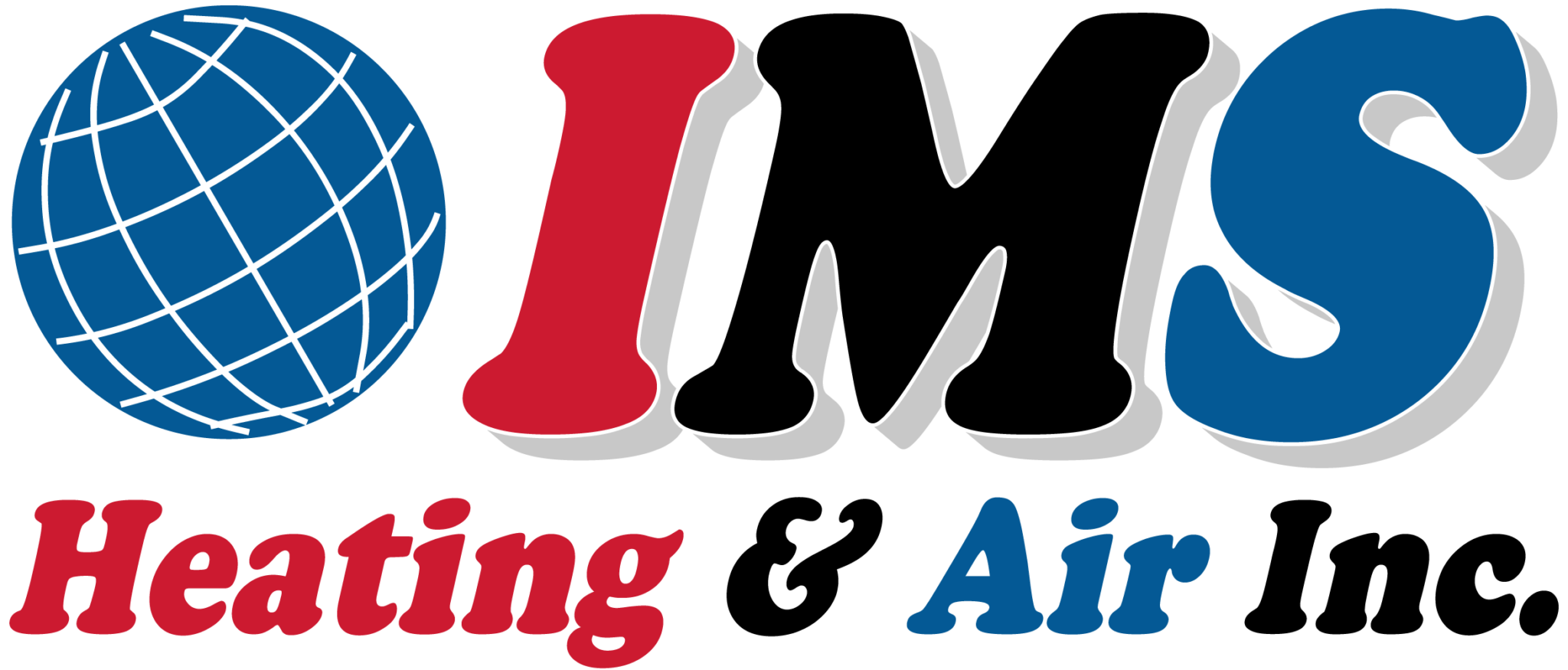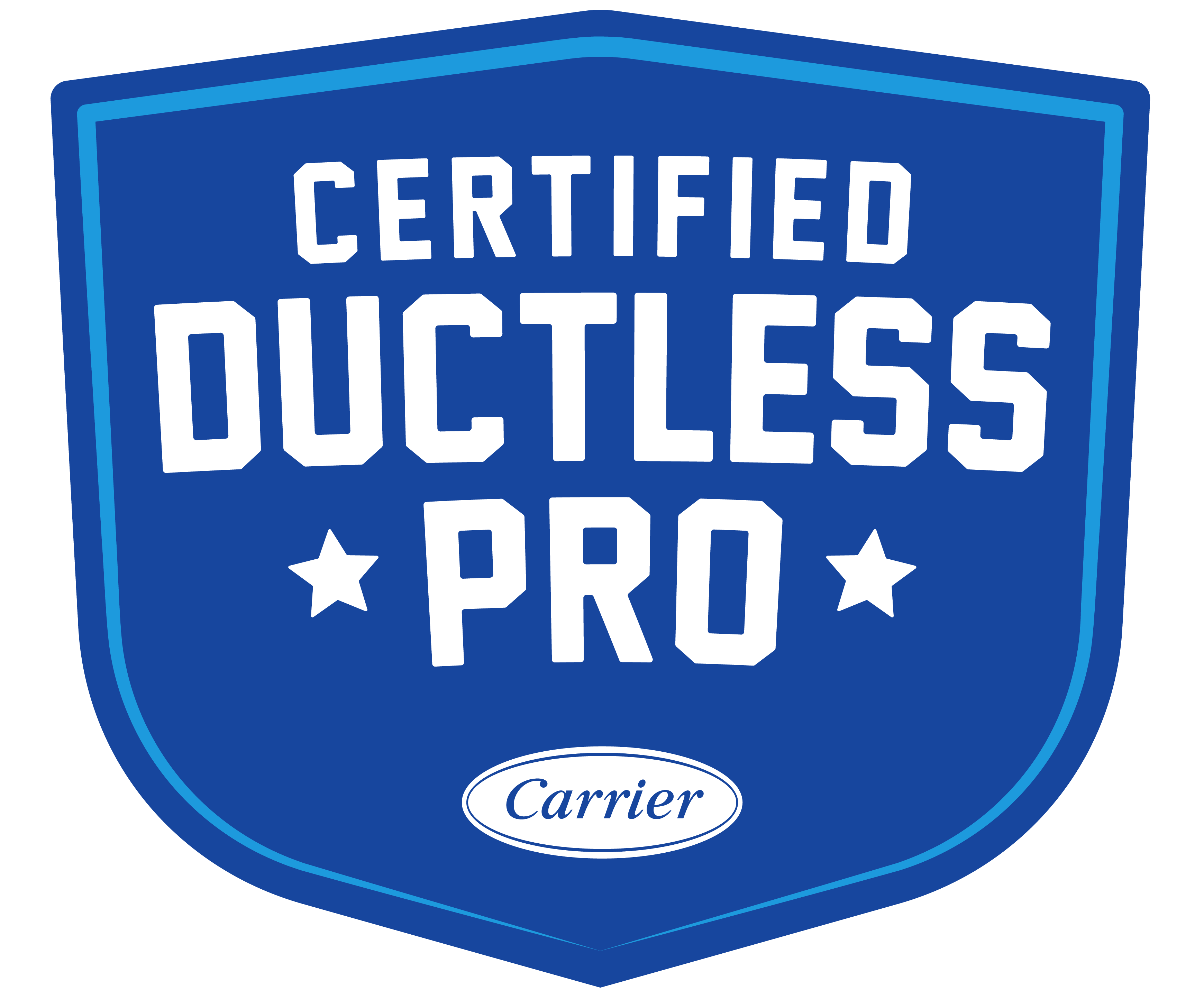While change is not easily accepted in most cases, it is inevitable. In the US, 2023 will offer some changes for the HVAC industry, and homeowners will surely be affected.
Recently, the government has introduced changes in legislation, which impact the types of heating and cooling systems homeowners can own. While these new HVAC regulations will only come into effect from January 1, 2023, some homeowners, HVAC companies, and builders are already feeling the heat.
Here is what you should know about the new rules so you can prepare for the new year.
New SEER Regulations
Seasonal Energy Efficiency Ratio (SEER) represents the efficiency measure of an air conditioner. It is a ratio used to determine how much fuel energy an air conditioner uses to convert electrical energy to cool air. In other words, how much electricity is your AC using to cool your home?
Higher SEER ratings reflect a more efficient air conditioner. And the minimum for this rating will increase on January 1, 2023.
But, by how much?
Currently, if you live in Colorado, your HVAC SEER rating minimum is 13. However, in 2023, this minimum will rise to 14.
Additionally, the new HVAC regulations require the industry to start using the SEER 2 standard. This is not so different from the previous HVAC efficiency standards and will measure the amount of heat an HVAC removes from a specific space compared to the electric energy used. This will demonstrate real-life situations better.
In the coming year, every HVAC system, whether an air conditioner, a heat pump, or a condenser, must clearly indicate the SEER 2 rating on its packaging. This way, homeowners or other consumers can easily identify or determine the equipment’s efficiency when purchasing.
AC Refrigerant Regulations
The AC refrigerant is another area that will be affected by the new 2023 HVAC regulations. In efforts to protect the environment and reduce global warming, the new regulations require manufacturers to use R-410 (Puron) instead of R-22 (Freon) refrigerant. The new type of refrigerant is more environmentally friendly, safer for your health, and also will help take care of our ozone layer.
It is also anticipated that the Environmental Protection Agency might push for the use of A2L, another more environmentally friendly refrigerant, by 2025. While this new refrigerant is mildly flammable, it boasts a lower GWP (Global Warming Potential). In fact, most manufacturers have begun the switch by introducing the required technology.
Benefits of the New 2023 HVAC Regulations
1. Positive environmental impact
While the HVAC systems help keep our homes comfy throughout the year, most of them aren’t so friendly to the environment. For instance, gas furnaces burn natural gas to produce heat. The combustion process is a source of carbon dioxide, which is one of the main greenhouse gases that cause global warming.
On the other hand, electric furnaces and central air conditioners use a substantial amount of electricity, which also contributes to global warming as most electricity in the US is generated through the burning of fossil fuels.
The 2023 HVAC regulations are geared towards greener, more energy-efficient systems, which will lead to fewer emissions. This will be beneficial to the environment and the future of our planet.
2. Lower utility bills
Higher SEER ratings mean more efficient HVAC systems. In return, this will result in reduced energy bills as the appliances use less energy to heat or cool the houses.
In the long run, homeowners can save on utility bills while also saving the environment from the increased use of fossil fuels.
3. Increased comfort
With higher HVAC efficiency standards, homeowners can start enjoying even more comfort at home. Whether it’s during the scorching hot summer or the biting winter cold, more efficient heating and cooling systems will ensure increased comfort indoors.
Therefore, while the changes might seem untimely to some, they will undoubtedly benefit homeowners in the long run.
2023 HVAC Regulations Drawbacks
These new regulations promise some attractive benefits for homeowners and the environment. However, they also have a few drawbacks. These include;
1. Increased initial purchase and installation cost
This one goes without saying. The new technology that must be installed to adhere to these changes will increase the production costs of such HVAC equipment.
Subsequently, the manufacturers will pass this increased cost on to homeowners and other consumers. Anyone buying a new heating and cooling system, whether for a new house or a replacement for an old unit, will have to pay more money.
2. Issues with the replacement of parts in the old systems
As older systems are being phased out, the market will undoubtedly experience a shortage of parts. This means you might have to wait a bit more before your technician finds the required parts to repair your HVAC system.
Also, even after the shift, it might take some time for the market to have all the parts necessary for the repair, maintenance, or replacement of the components on the newer units. In other words, there will be a gap before the industry adapts and everything normalizes again.
What Should You Do?
Next year isn’t far away, and you need to be prepared!
Instead of waiting until the last minute to make the required changes, you can start as early as now. If you plan to repair or replace your HVAC unit soon, try to do it as soon as possible.
Luckily, there is an excellent option for Colorado residents, especially if cost is a major concern for you. If your system is getting old and you need a replacement, IMS Heating & Air has your back.
Not only will they offer the best HVAC systems that meet your needs and the new requirements, but they will also help you achieve this in a budget-friendly way. With their financing options, you can buy your equipment now and pay later with very flexible terms.
This way, you will have achieved your goal of replacing your HVAC system while also making sure you meet those new HVAC efficiency standards even before they come into effect. Contact IMS today and make that switch hassle-free.





